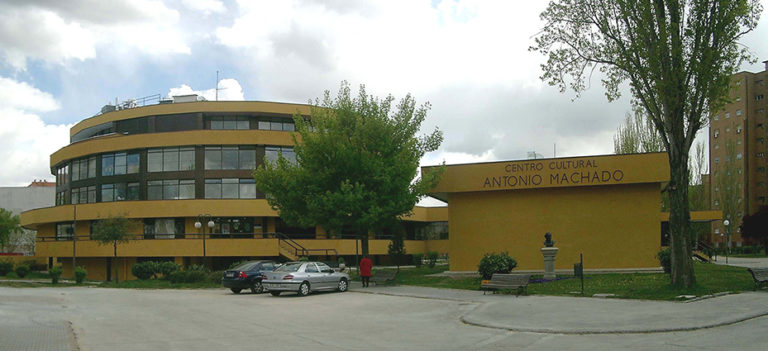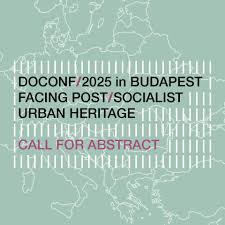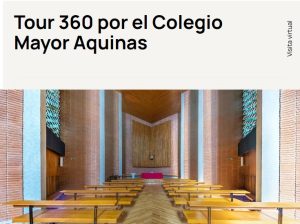Abstract
A feature of the various experiences that make up the process of modern architecture is that of denying in its discourse the links with a tradition. The problem of ‘function’ is no exception, being also one of the standards by which on many occasions the architecture of this period has also been identifed as “functionalist architecture” or simply “functionalism.” Although it is clear that the cut between the 1920s and the Second World War is especially fruitful in terms of the attention and elaboration given to the problem of function, it is no less true that a large part of these issues were already present, sometimes germinally or in other cases with resounding evidence, in the disciplinary tradition. The diferent ideas that make up this phylogenetic tree are found scattered in fragments of texts; treatises, parts of books, articles or speeches that, from Vitruvius’s Ten books of architecture, are the materials that, in the absence of specifc theories on the problem, assemble a conceptual corpus, enriched by a myriad of terms and meanings that make up a true glossary of function. The critical analysis and the internal relationships of these materials allow to visualize both the feld of knowledge and the very operation of a ‘function’, already understood as an inherent problem of the discipline. With the intention of advancing in the deepening and productivity of the link between the function, its arguments and the architecture project, it is understood that, in its most radical proposals, modern architecture assumes interests that go beyond its merely utilitarian objectives until reaching proposals that imply, implicitly and/ or explicitly, the extension of an architecture project to a social reform project. In these operations, the term ‘function’ is insufcient, and it expands into a range of meanings which broaden the diferent conceptions of the problem. These terms are grouped into four notions that encompass the diferent ways in which the function has been interpreted and theorized: ‘efcacy’ -rationalism, scientism and economics applied to functional distributions-, ‘adaptation’ -consideration of the particularities of each need in its specifc context-, ‘fexibility’ – breadth of the functional possibilities of the same space – and ‘connectivity’ – emphasis on the link, synergy and narrative produced by the confguration of the circulations itself.
Access the thesis











